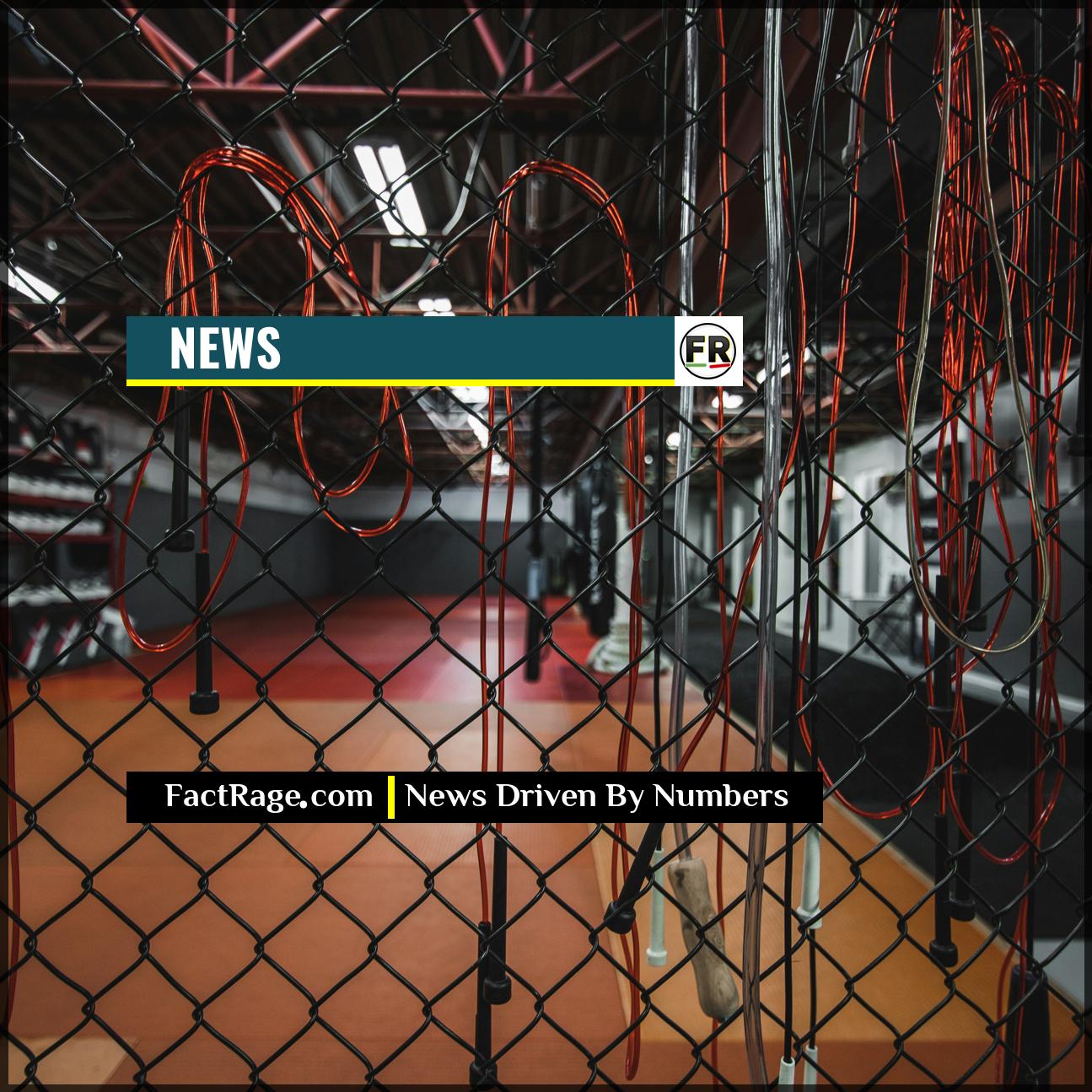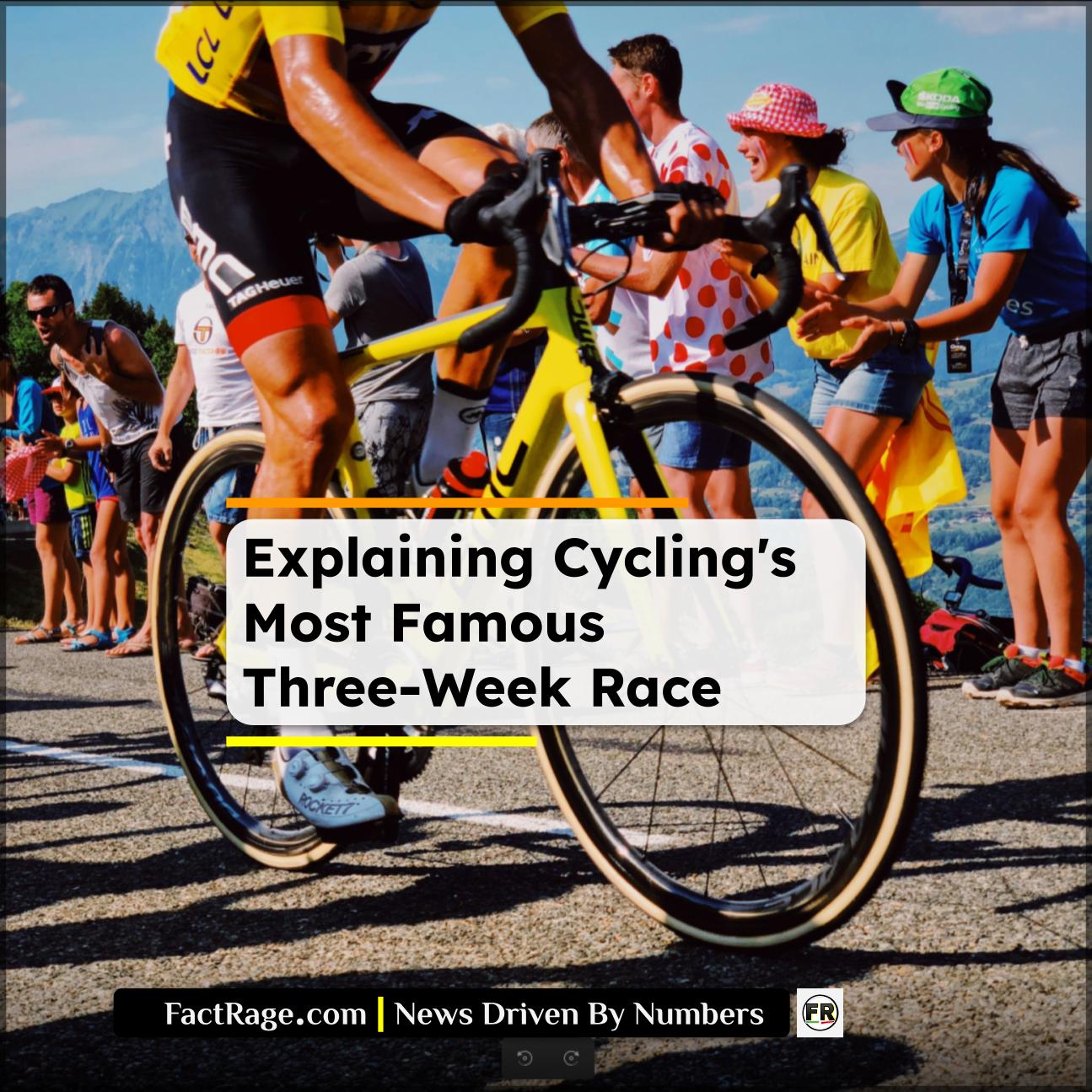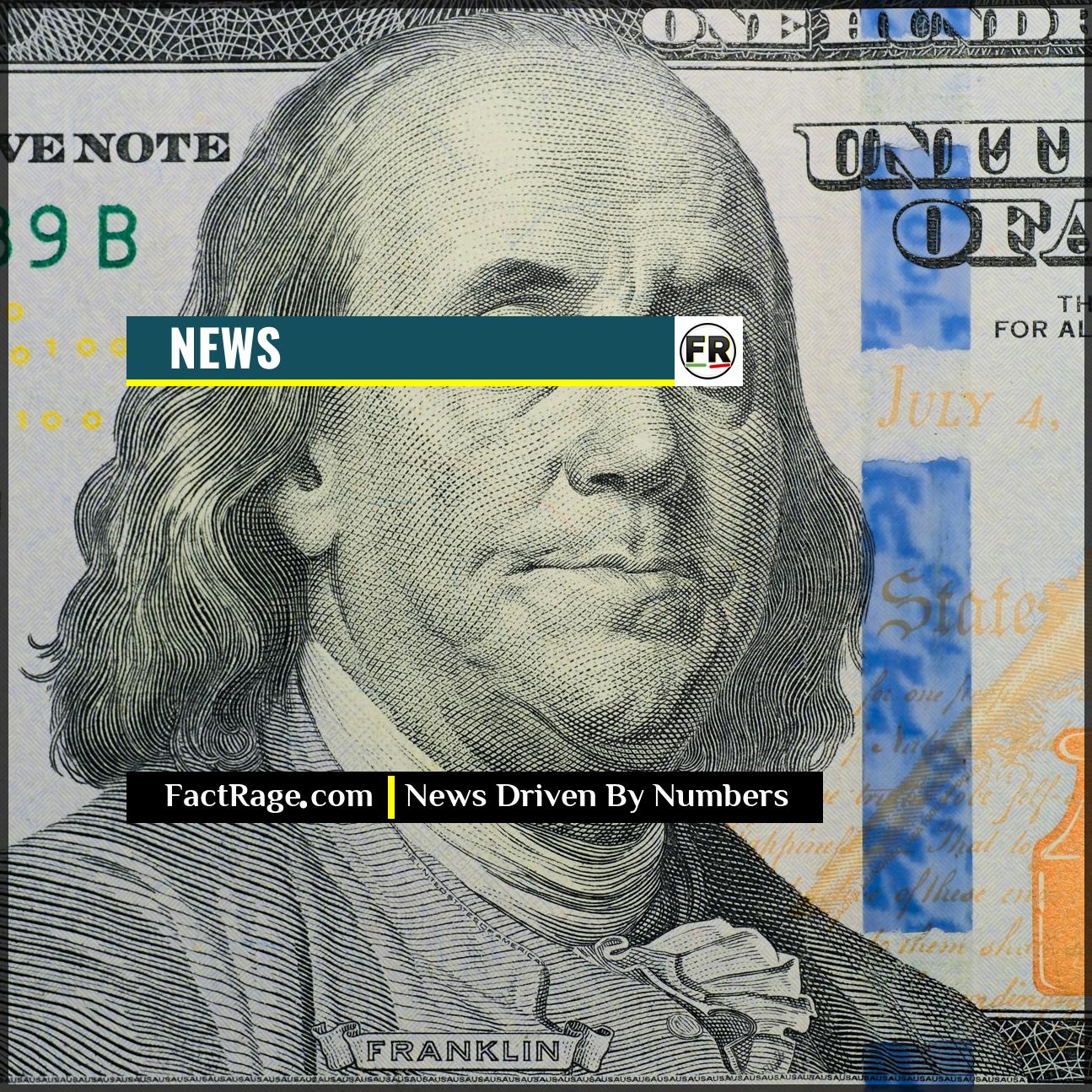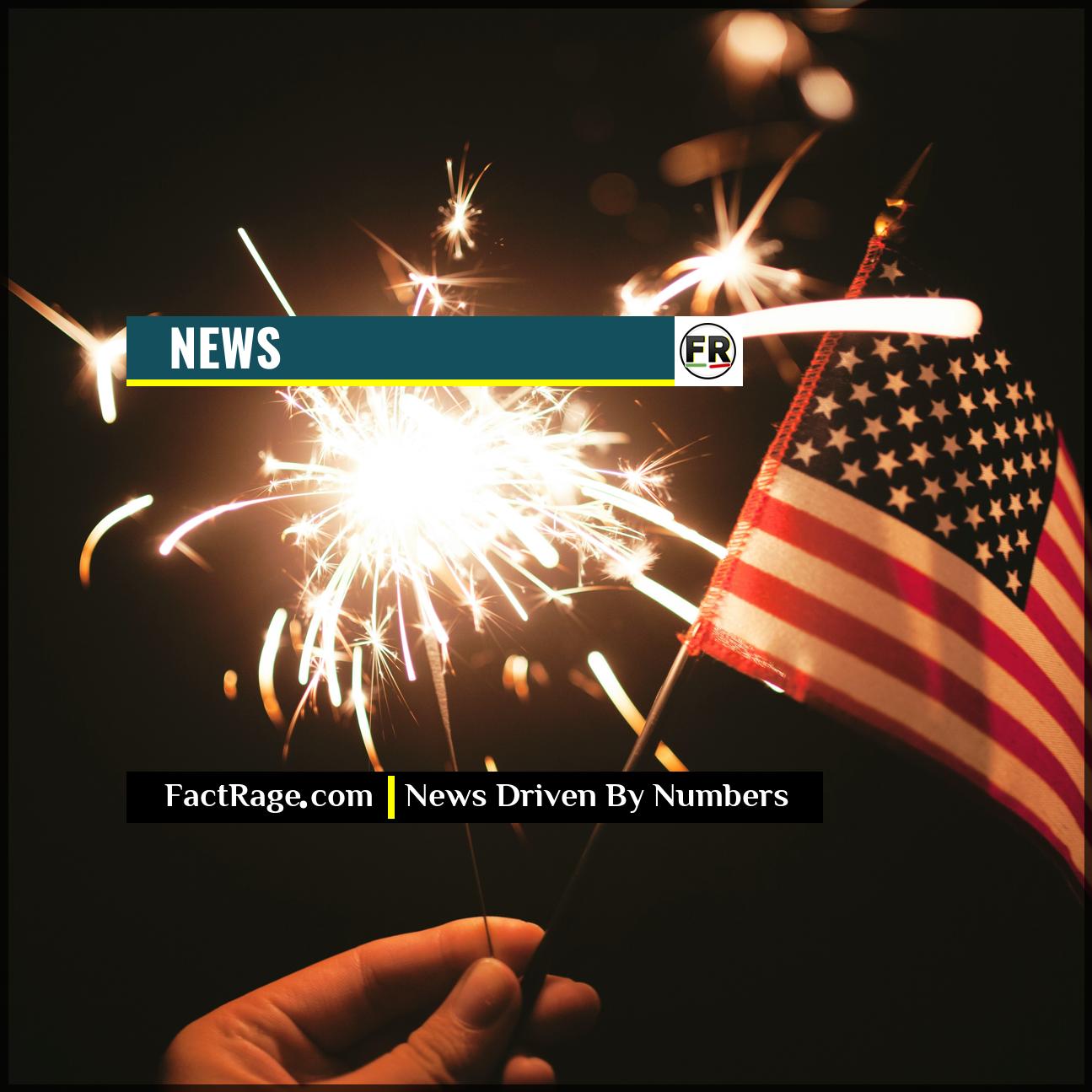WASHINGTON, DC – The increasingly visible alliance between the Ultimate Fighting Championship (UFC) and prominent political figures, particularly former President Donald Trump, represents a significant and calculated strategy in modern American campaigning.
- A Long-Standing Alliance – The relationship between UFC CEO Dana White and Donald Trump dates back two decades, solidifying into a political partnership with White speaking at Republican National Conventions and Trump frequently attending UFC events.
- Strategic Demographic Targeting – The UFC’s audience, which polling data indicates is overwhelmingly male and younger than other major sports leagues, aligns with a key voter demographic that can be difficult to reach through traditional political channels.
- The Politics of Culture – This partnership is a prime example of “cultural politics,” where politicians bypass legacy media to connect with specific voter segments by aligning with cultural institutions that reflect a particular set of values.
This fusion of high-stakes combat sports and high-stakes politics is more than a series of celebrity appearances; it’s a calculated effort to engage a specific slice of the American electorate. The core question is not just why this is happening, but what it reveals about the changing nature of political communication and coalition-building.
How a Friendship Became a Political Force
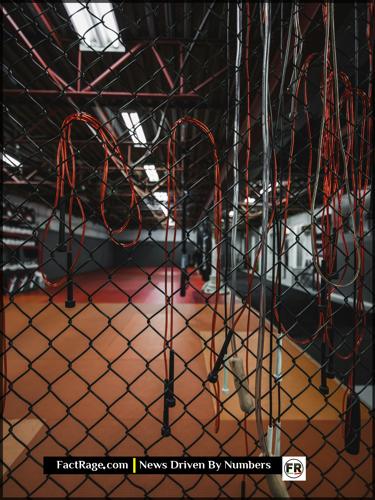
The bond between UFC CEO Dana White and Donald Trump began long before Trump’s political career. In the early 2000s, when the UFC was struggling for mainstream acceptance and venues were hesitant to host its events, Trump offered his Atlantic City casino as a venue. This early support forged a loyalty that has since translated into a powerful political endorsement.
White has been one of Trump’s most vocal supporters in the sports world, speaking on his behalf at both the 2016 and 2020 Republican National Conventions. Since leaving office, Trump has become a fixture at major UFC fights, receiving prominent cageside seating and often enthusiastic receptions from the live audience. This public presence serves as a recurring, highly visible demonstration of the alliance for the millions watching. The UFC’s parent company, TKO Group Holdings, now presides over a brand that is not just a sports behemoth, but a significant cultural and political platform.
What Demographics Does the UFC Audience Represent?
The strategic value of this alliance becomes clear when analyzing the UFC’s audience. According to 2022 data from S&P Global Market Intelligence, the UFC’s fanbase is distinct from that of other major sports. Approximately 76% of its audience is male, and its fans are, on average, younger than those of the NFL, NBA, and MLB.
This demographic is often considered a challenge for political campaigns to mobilize. They are less likely to consume news through traditional broadcast or print media, making them harder to reach with conventional political advertising. By appearing at UFC events, a politician can directly access this audience in a setting they associate with entertainment, strength, and anti-establishment figures. The appeal is direct and bypasses media filters, leveraging the cultural credibility of the UFC brand to build a connection with a demographic that could be decisive in close elections.
Why This Alliance Matters in Modern Politics
The UFC-Trump connection is a textbook case of a wider trend in political strategy: the leveraging of cultural institutions for political gain. In an era of declining trust in legacy institutions and media, politicians are increasingly seeking alternative platforms to communicate their message. An appearance at a UFC event sends a specific cultural signal, one that differs profoundly from a speech at a university or a photo op at a factory.
This strategy allows a political brand to align itself with the values perceived to be embodied by the UFC—individualism, toughness, and a rejection of traditional norms. It allows a campaign to build a coalition based not just on policy positions, but on shared cultural identity. As the line between politics and entertainment continues to blur, this use of cultural platforms like the UFC provides a model for how future political outreach and brand-building may be conducted.

